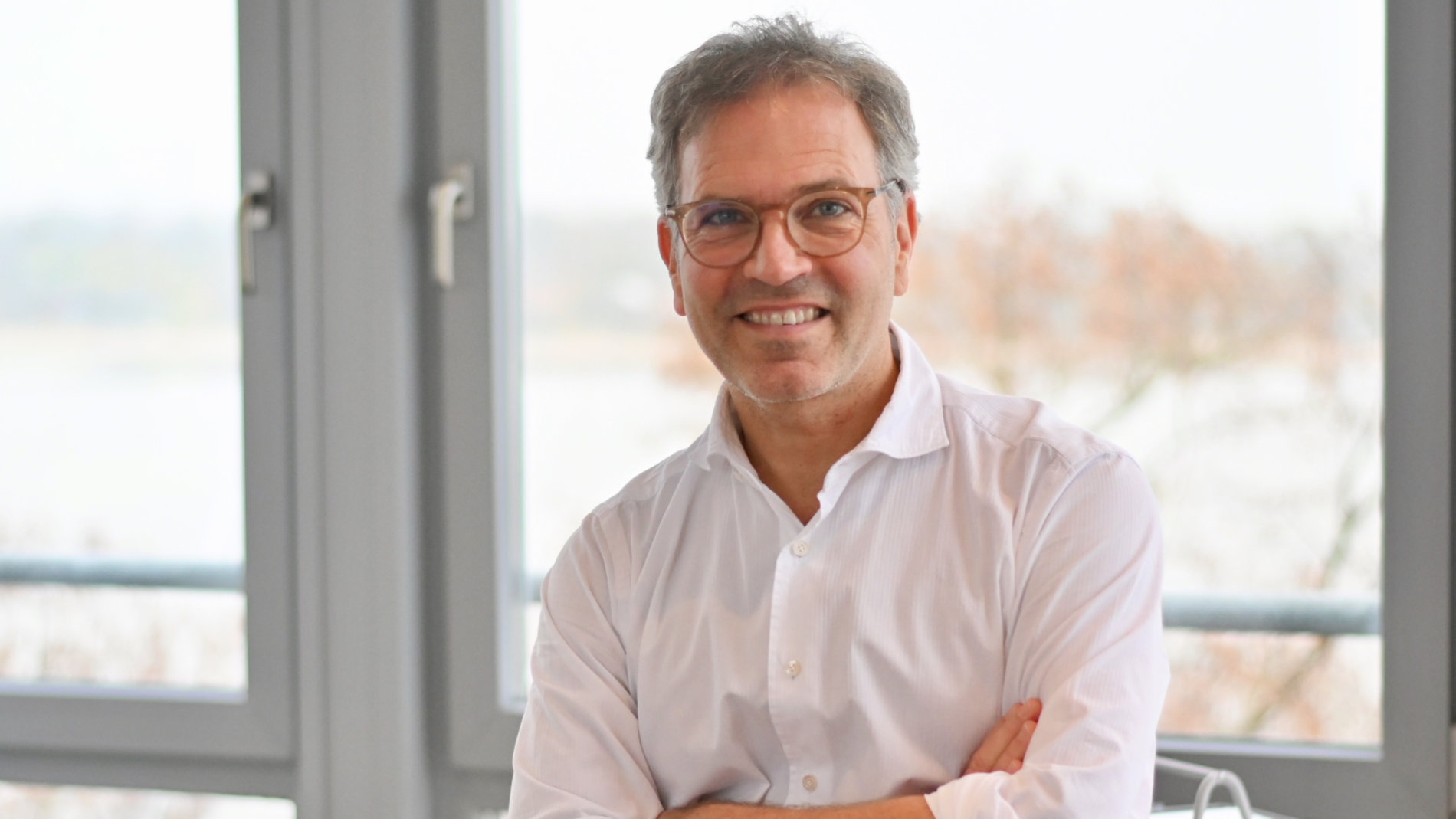This year, for the first time, alternative sources of protein will be part of IFFA – Technology for Meat and Alternative Proteins in Frankfurt am Main from 14 to 19 May. To develop IFFA beyond its focus on the meat industry into a genuine source of new impulses for the efficient industrial production of meat substitutes, Messe Frankfurt has formed new partnerships. One of them is with the German Association for Alternative Sources of Protein (BALPro). Board Member Godo Röben offers a brief overview.
In addition to its long-standing partners, VDMA Food Processing and Packaging Machines and the German Butchers’ Association, IFFA has gained a new cooperation partner in the field of alternative proteins, the German Association for Alternative Sources of Protein (BALPro), in addition to the Good Food Institute Europe and ProVeg. In our interview, Member of the BALPro Board Godo Röben discusses the current market situation.

Mr Röben, the German Association for Alternative Sources of Protein was founded in 2019. What has been the echo to this and what are the aims of your association?
Godo Röben: “The aim of the German Association for Alternative Sources of Protein is to bring together various players who promote alternative sources of protein and to encourage an active exchange of ideas and information. To this end, representatives of business, politics, science and consumers should be given an ideology-free chance to work together on a sustainable agricultural and nutritional revolution. Accordingly, the 100-plus BALPro members include not only vegan start-ups and organisations, but also producers of insect-based food and representatives of the conventional meat industry who are continuously working on the integration of alternative products into their assortments. Moreover, not only are our membership numbers rising steadily. We are also receiving a constant stream of new cooperation inquiries from renowned players and are, therefore, more than pleased with the echo.”
Vegetarian and vegan meat substitutes are trending. How do you think the worldwide market will develop over the coming years?
Godo Röben: “According to the prognoses of the ‘Statista Consumer Market Outlook’, this year is expected to see around € 480 million being spent on meat-substitute products in Germany alone. In 2021, the figure was approximately €414 million, which represents a two-fold increase compared to 2019. Over the next five to ten years, growth is expected to continue with rates of 15, 20 or even 25 percent being reached. In view of this continuous development, we are highly confident that alternative sources of protein constitute a future-oriented sector.”
Consumers want a product that resembles meat in terms of taste, bite and feeling when chewed. What role will be played in this connection by new technologies, such as 3D printing?
Godo Röben: “Companies such as the Israeli start-up Redefine Meat or the Spanish start-up NovaMeat are currently introducing plant-based meat substitutes produced by 3D printers. These new products come very close to real meat in terms of taste and texture. Moreover, they are more environmentally friendly and contain no cholesterol. Accordingly, we are optimistic about the role they will play in the future.”
Meat substitutes made from plants can nowadays be found on the shelves of every supermarket. How do you assess developments in the field of insect protein or cultivated meat? When do you anticipate the breakthrough in this case?
Godo Röben: “Besides plant-based alternatives, insect proteins have the potential to contribute to tomorrow’s supply of protein. The aim of our BALPro ‘Food Insects Germany’ working group is to achieve political equivalence for insect-based food with other high-quality products and thus promote nutritional innovations in Europe with an organised and targeted voice. An initial step in the direction of equivalence was taken on 3 May 2021 when mealworms became the first insect in the European Union to be approved as a new kind of foodstuff.”
Alternative proteins and their processing technologies have been a subject of interest at IFFA for some years now. However, they have only officially been part of the IFFA brand with their own separate product segment since 2021. What impulses do you expect IFFA to generate for the industrial production of meat substitutes?
Godo Röben: “As an international B2B meeting place for the meat sector and for the alternative protein industry, IFFA has the potential to bring together the many and varied innovators in the alternative protein business and to promote a productive exchange of ideas and information between them. In particular, given that largely similar processing technologies are used for making and packaging animal products, cultivated meat and meat substitutes, we anticipate a host of exciting impulses for the industry and are very much looking forward to taking part.”